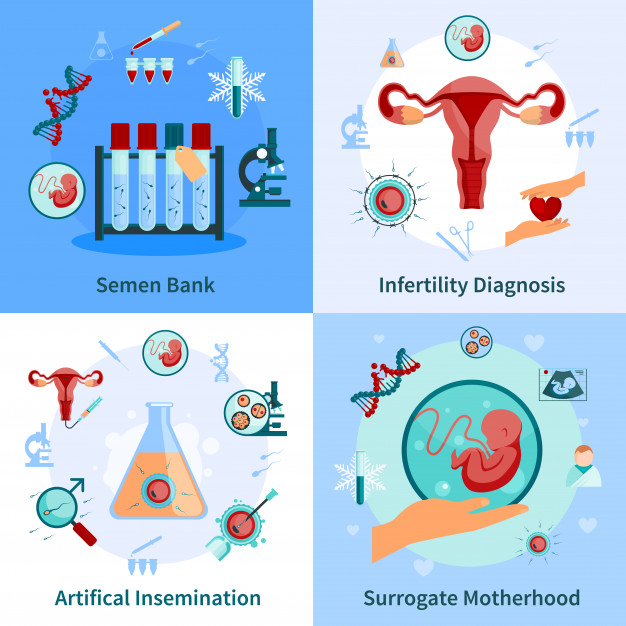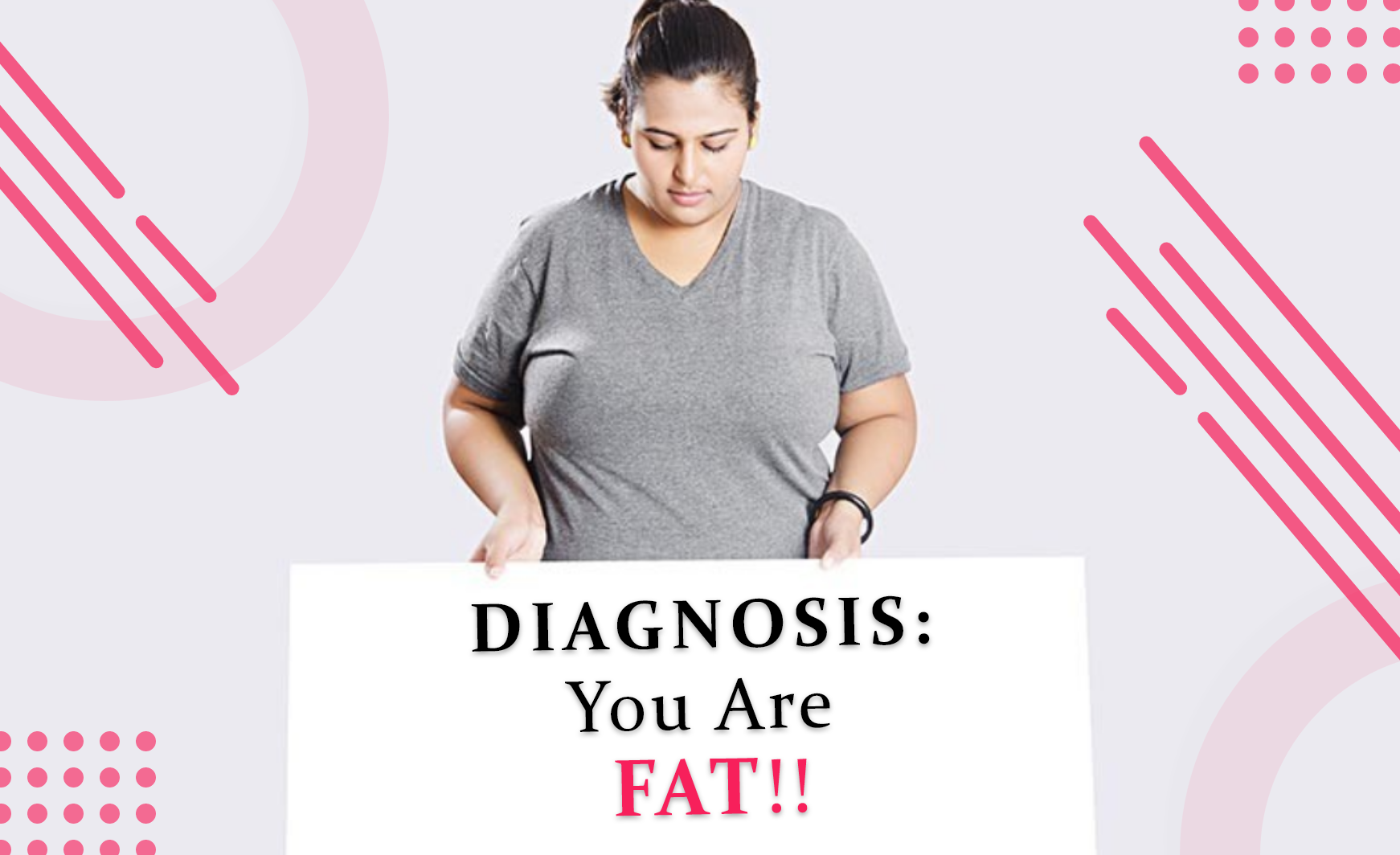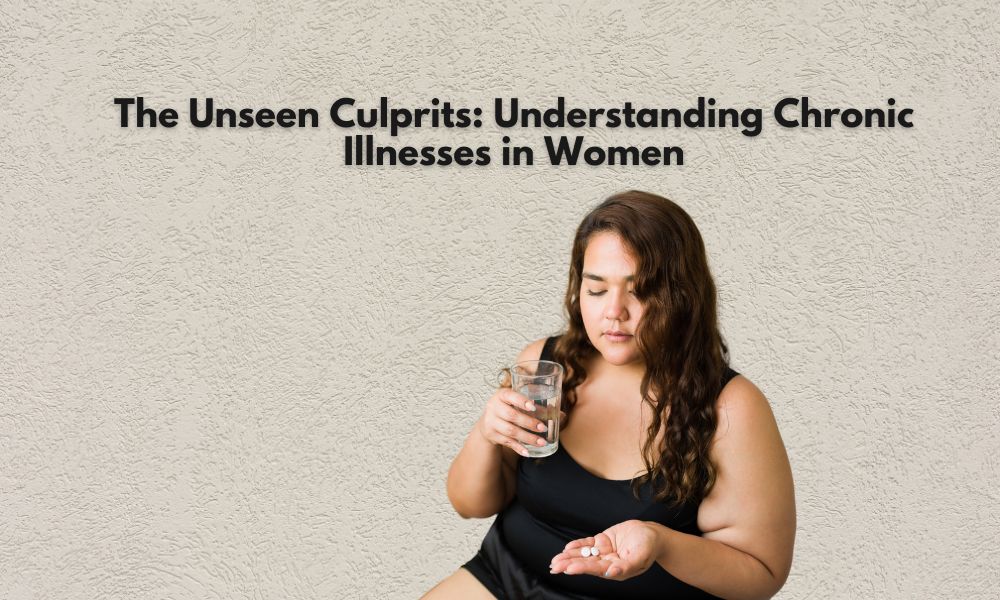The biological clock is a term that refers to the mechanism which controls the physiological activities of an organism. This can change on daily, seasonal, yearly, or other regular cycles. When the term biological clock is ticking is used, it often refers to the decrease of female fertility with advancing maternal age. For this reason, women are rushed into the institution of marriage and coerced to have children as soon as they can, because beyond a certain age, the fertility rate decreases in women and men. As women age, their ovulation starts becoming irregular and the uterus sometimes develops fibroids too. As they enter perimenopause conception chances decrease and eventually become nil after menopause.
The ideal age to plan the first pregnancy is medically slated as 18-25 years. This is the time when a woman is most fertile. But now with the lifestyle changes, many women push family planning to a later age which should be normalized because procreation should not be the only aim of any woman. Many women are changing this by choosing to become mothers only when they are mentally prepared to have a baby, and not on the basis of their biological clock. They prefer choosing to live their life with their partners, have a career, or travel before they can get into the family game.

Recently, actor Mona Singh said in an interview that she is in no hurry to have a baby. She got married to Shyam Gopalan last year, and says she got her eggs frozen five years ago, when she was 34.
Other medical conditions that can hinder conception apart from biological clock
Premature ovarian failure:
the woman’s ovaries stop working before she is 40. This can be hereditary and needs to be watched out for in women of the same family.
Blocked fallopian tubes:
When Fallopian Tubes are blocked, eggs cannot reach the uterus which impedes fertilization and eventually pregnancy. Single tubal blockage as well as both tube blockage is equally fatal. Blocking of fallopian tubes is one of the major causes of infertility among women and accounts for 40% of cases of infertility.
PCOS:
Polycystic ovarian syndrome (PCOS) is a condition in which a woman’s levels of the sex hormones estrogen and progesterone are out of balance. This is the main cause of infertility in today’s women. This leads to the growth of ovarian cysts (benign masses on the ovaries). PCOS can affect a woman’s menstrual cycle, fertility, cardiac function, and appearance.
Endometriosis:
This is a condition in which tissue that normally grows inside the uterus (endometrial) grows outside it. Most often this is on the ovaries, fallopian tubes, and tissue around the uterus and ovaries; however, in rare cases, it may also occur in other parts of the body. The main symptoms are pelvic pain and infertility.
Ectopic Pregnancy:
An ectopic pregnancy occurs when the fertilized egg attaches itself to a place other than inside the uterus. Almost all ectopic pregnancies occur in the fallopian tube and are thus sometimes called tubal pregnancies. The fallopian tubes are not designed to hold a growing embryo; thus, the fertilized egg in a tubal pregnancy cannot develop properly and must be treated. An ectopic pregnancy happens in 1 out of 50 pregnancies.
Sperm motility:
This contributes as a 30% factor towards infertility. Male infertility is usually caused by problems that affect either sperm production or sperm transport. Through medical testing, the doctor may be able to find the cause of the problem. About two-thirds of infertile men have a problem with making sperm in the testes.

Fertility experts usually receive couples who have failed with numerous attempts and treatments. Treatment starts with counseling as most of them are disheartened and disappointed already. They are prepared for the treatment procedures as it needs great motivation and needs many visits and attempts.
Thanks to the development in medical technology and scientific advancement, many infertile and childless couples have successfully conceived today. Treatments and options like IVF, IUI, egg freezing, surrogacy, sperm donation have changed fertility and conception and helps couples who are unfertile or have crossed their reproductive age or do not want to undergo pregnancy and childbirth for health/personal reasons to still plan a family biologically. Child adoption, of course, remains a great option too.



















